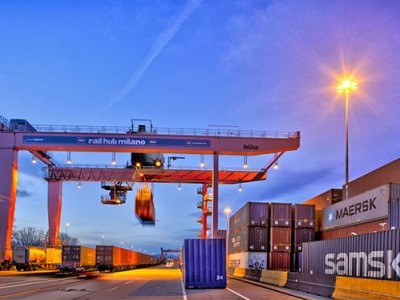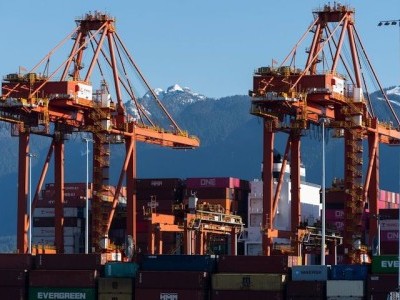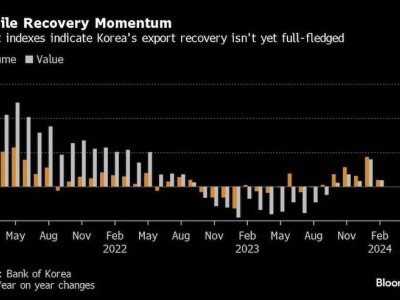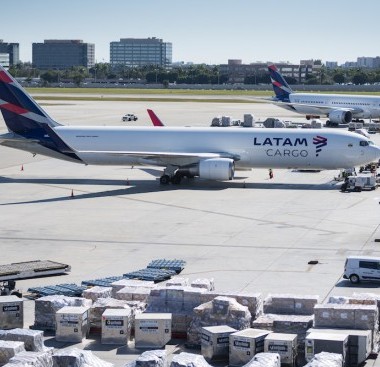Korea’s Exports of Key Memory Chip Plummet as Demand Chills
South Korea’s exports of its most lucrative memory chip fell by the most since 2019, indicating a deepening slump in technology demand central to global economic growth.
Shipments of dynamic random access memory fell 24.7% from a year earlier in August, compared with a 7% decline in the previous month, according to data released Friday by the trade ministry.
DRAM accounts for almost half of Korean exports of memory chips, and works with processors and other types of semiconductors to store and process information in a wide range of electronics.
Samsung Electronics Co. and SK Hynix Inc., both based in Korea, control roughly two thirds of the world’s memory market. Their revenues were hit in 2019 when the memory-chip industry entered a bust cycle.
Korea’s tech exports, which account for a third of the country’s total shipments abroad, fell 4.6% in August, separate data from the ministry showed. Smartphones, displays and computers all declined in shipment value as consumer demand slackened, the ministry said.
A growing number of indicators suggest the world chip industry is cooling after years of a boom on pandemic demand for electronic devices such as laptops and tablets. Rapid central bank policy tightening to curb inflation is also fueling concerns of a recession.
The US-based Semiconductor Industry Association said earlier this month that global chip sales rose 7.3% from a year earlier in July, the seventh month of deceleration. Separately, the lead times for semiconductors were down again in August, according to Susquehanna Financial Group.
Economic slowdowns in China where the government is imposing strict Covid controls are another reason for the cooling. Tech exports to China fell 14.4% in August, the ministry said, pointing to the Shanghai lockdown among key factors.
Korea’s total exports grew last month by a single-digit figure for a third month while trade deficits snowballed to a record on a weakening won and high energy costs. The nation increasingly relies on imports of high-tech equipment and Trade Minister Ahn Duk-geun told Bloomberg this week that the depreciation of the won is more negative than positive for trade.
Similar Stories

Yen’s sustained weakness frustrates even Japanese exporters
View ArticleTurkey halts all trade with Israel over war in Gaza
Turkey stopped all trade with Israel as of Thursday, according to two Turkish officials familiar with the matter, adding to already high-running tensions between the once-close allies over the war…
View ArticleFrench cognac producers push for deal on China dumping probe
Cognac makers hit with allegations of dumping French brandy in China called for a deal to end the dispute ahead of President Xi Jinping’s state visit to France.
View ArticleUS sanctions firms in China, UAE for support of Russia’s war
The US on Wednesday announced sanctions on nearly 300 companies and individuals, including in China and the United Arab Emirates, for alleged support of Russia’s invasion of Ukraine.
View Article
Canada unexpectedly flips to deepest trade deficit since June
View Article
South Korea’s export growth picks up, led by record US demand
View ArticleGet the most up-to-date trending news!
SubscribeIndustry updates and weekly newsletter direct to your inbox!





